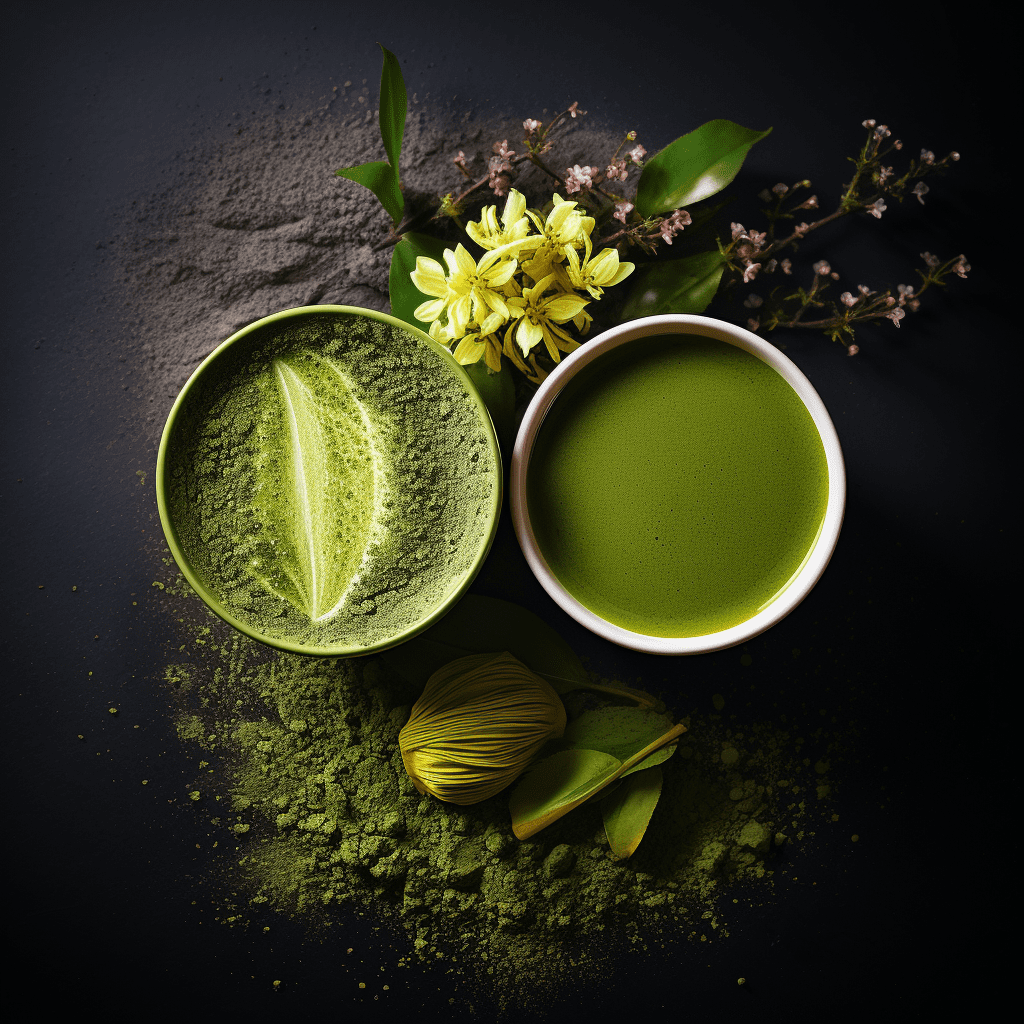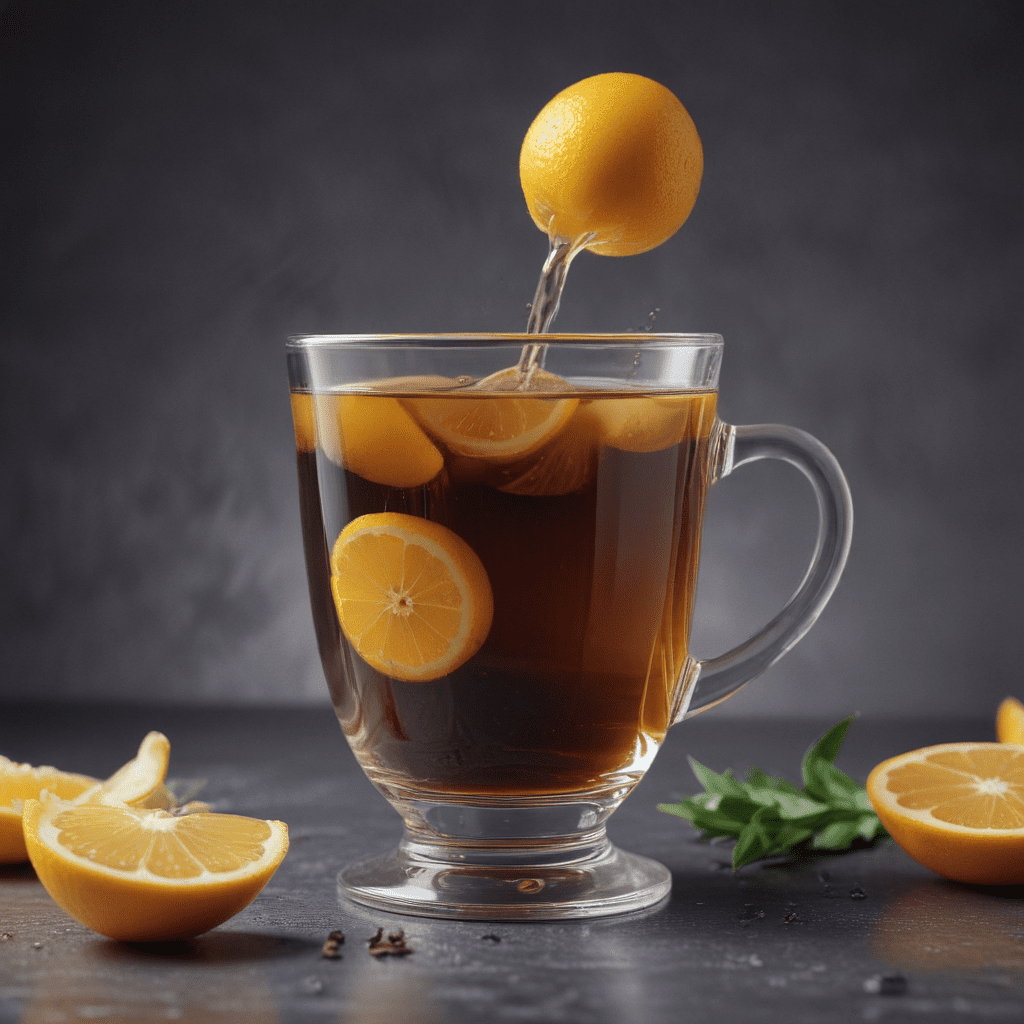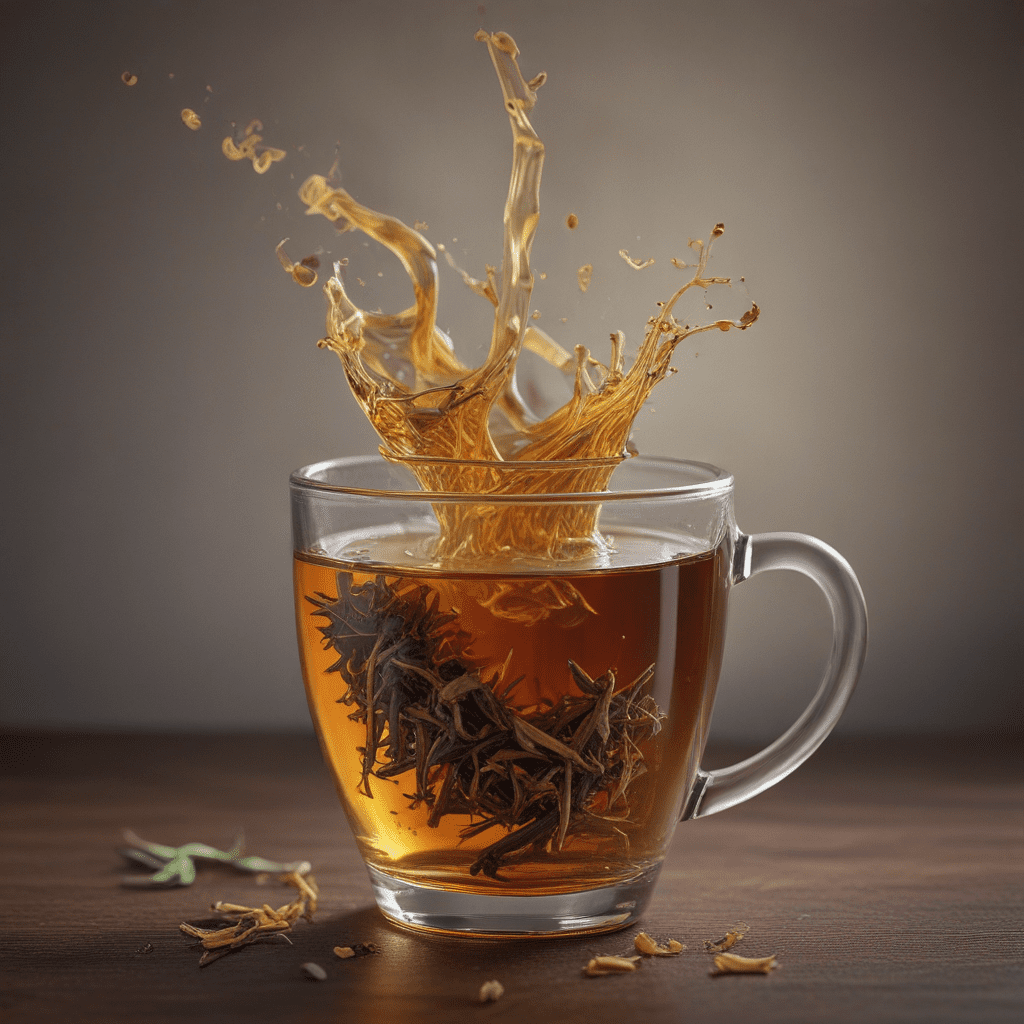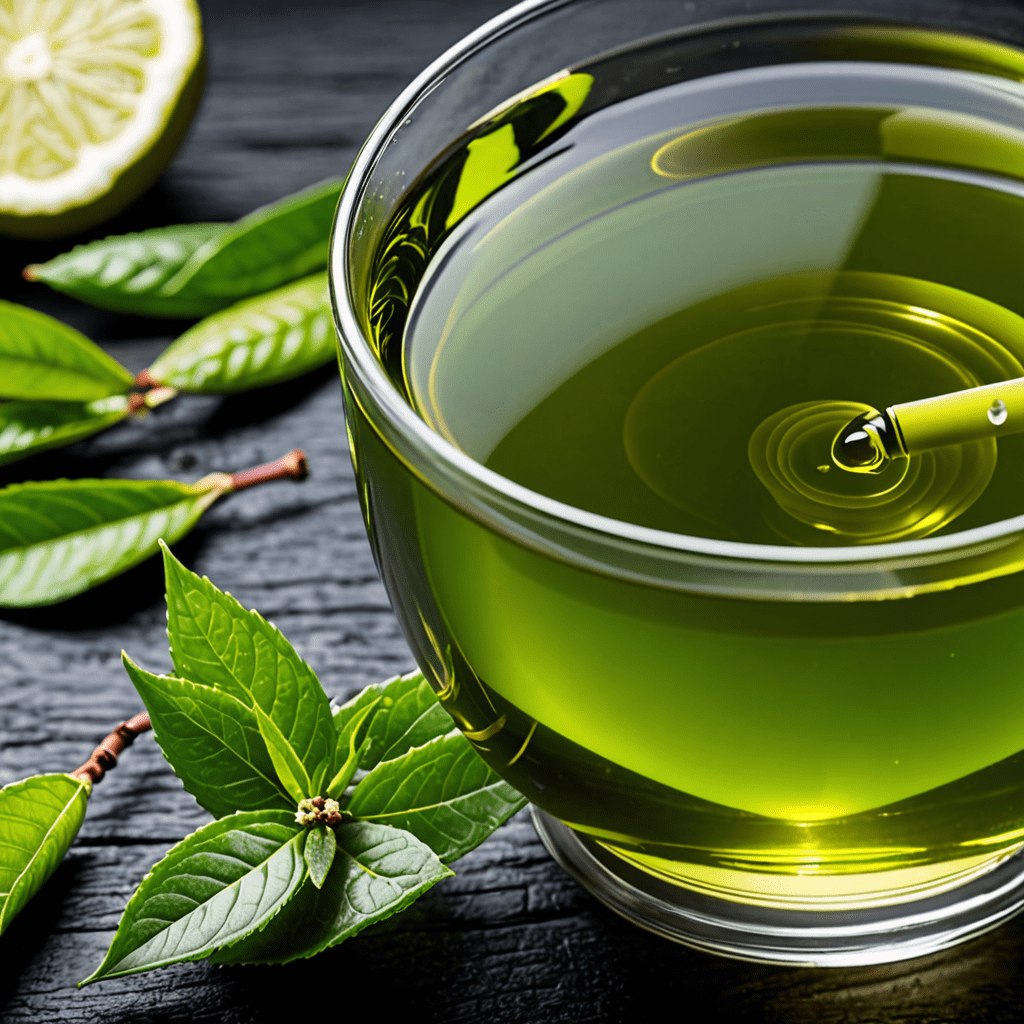The Difference Between Green Tea and Matcha
Green tea and matcha are both popular beverages enjoyed for their unique flavors and potential health benefits. However, many people are confused about the difference between the two. In this article, we will explore the distinctions between green tea and matcha, from their production processes to their taste profiles. So, grab a cup of tea and let’s dive in!
1. Production Process
The primary difference between green tea and matcha lies in their production processes. Green tea is made from the leaves of the Camellia sinensis plant, which are harvested, dried, and then steeped in hot water to create a flavorful infusion. On the other hand, matcha is a powdered form of green tea that is made by grinding the leaves into a fine powder.
2. Growing Conditions
Green tea and matcha can be grown under similar conditions. Both require shade for a certain period during their growth to enhance flavor and increase the production of certain beneficial compounds. However, matcha often undergoes additional shading, which gives it a distinct vibrant green color and a sweeter flavor compared to regular green tea.
3. Flavor Profile
Green tea and matcha have distinct flavor profiles that appeal to different taste preferences. Green tea has a light, grassy taste with slightly bitter notes. Its flavor can vary depending on the variety of tea and the brewing technique. Matcha, on the other hand, has a rich, umami flavor with a slight sweetness. It is known for its smooth texture and bright green color.
4. Preparation Method
The preparation method for green tea and matcha also differs. To brew green tea, loose tea leaves or tea bags are steeped in hot water for a specific amount of time, which can vary depending on the type of tea. Matcha, on the other hand, is whisked with hot water until it forms a frothy mixture. The entire tea leaf is consumed when drinking matcha, while with green tea, the leaves are strained and usually discarded.
5. Caffeine Content
Both green tea and matcha contain caffeine, but the levels vary. On average, matcha contains higher levels of caffeine compared to green tea. This is due to the fact that when drinking matcha, you consume the entire tea leaf, whereas with green tea, the leaves are steeped and removed, resulting in a lower caffeine content.
6. Nutritional Benefits
Green tea and matcha are both known for their potential health benefits, but matcha is often considered more potent due to the consumption of the whole leaf. Matcha is rich in antioxidants, particularly catechins, which have been linked to various health benefits such as improved heart health and enhanced metabolism. Green tea also contains antioxidants, but in lesser quantities.
FAQ
Q: Can I substitute green tea with matcha in recipes?
A: While both green tea and matcha come from the same plant, their distinct taste and texture make them difficult to substitute for one another in recipes. Matcha’s concentrated flavor and powdered form make it ideal for desserts and beverages specifically designed for matcha, while green tea is better suited for brewing as a regular cup of tea.
Q: Which is more expensive, green tea or matcha?
A: Matcha tends to be more expensive than regular green tea. The labor-intensive process of shade cultivation, hand-picking, and grinding the leaves into a fine powder contributes to its higher price. Green tea, which involves a simpler production process, is generally more affordable.
Q: How should I store green tea and matcha?
A: Both green tea and matcha should be stored in airtight containers away from light, moisture, and strong odors. This helps preserve their freshness and protects their delicate flavors. It is best to consume them within a few months of purchase for optimal taste and health benefits.
In conclusion, while green tea and matcha both originate from the same plant, they differ in their production processes, flavor profiles, and preparation methods. Green tea is enjoyed as a steeped beverage, while matcha is consumed as a powdered mixture. Whether you prefer the delicate taste of green tea or the boldness of matcha, both can be enjoyed for their unique qualities and potential health benefits.



